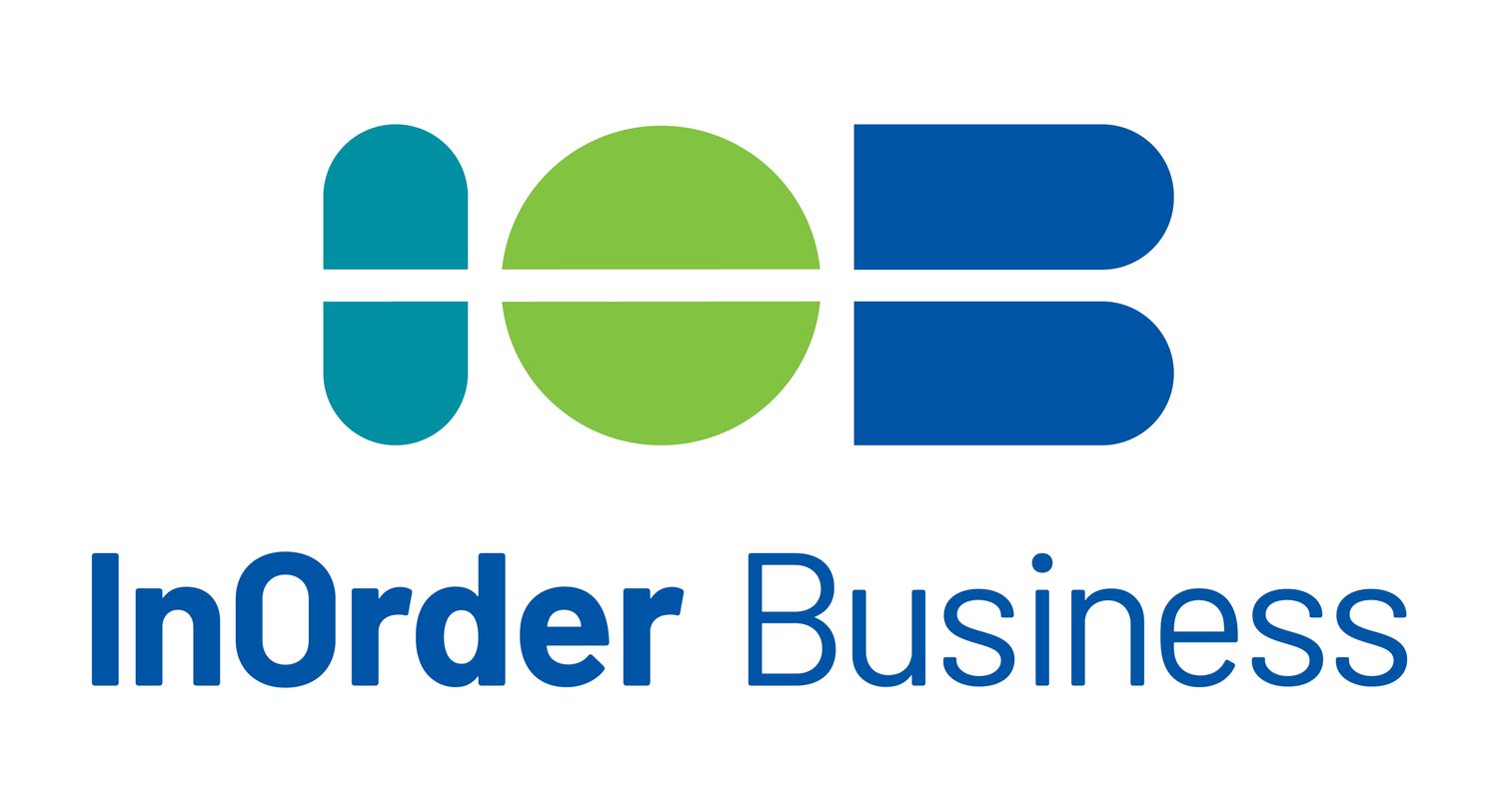For any organization in need of construction-related DEI services, InOrder Business has the team, experience, and relationships to achieve your DEI goals and
optimize the impact of your project.
Frequently Asked Questions
Need Help?
InOrder Business is a Boston-based, black woman-owned business whose office resides in Dorchester, specializing in diversity, equity and inclusion services primarily within the construction industry. If you have any questions regarding how we can help you achieve your goals, please fill out the form in the Contact Us page or email us at info@inorderbusiness.com
-
Workforce compliance relates only to individual job seekers and tradespeople.
UBE compliance relates to businesses that are available to assist in completing the project. These businesses are contractors (who hire workers) and suppliers. UBE (Underutilized Business Enterprise) is a general term used to define Minority (MBE), Women (WBE), Veteran (VBE) and Disadvantaged (DBE) Enterprises.
Definitions
-
A state certification based on race and ethnicity. Business has to be 51% owned and controlled by a minority.
-
A state certification based on gender. Business has to be 51% owned and controlled by a female.
-
A state and federal certification based on service is the armed forces. Business has to be 51% owned and controlled by a Veteran or Service Disabled Veteran (SDOVB).
-
A federal certification based on socio-economic background. This certification is usually needed for any project that has federal funding or investment. Business has to be 51% owned and controlled by a person having less than $1.3 million personal net worth and there are certain size standard limits based on the service or product the business provides.
Certifications
Certifications can vary city by city and state by state, however most are very similar with requirement guidelines and benefits. The following is a list of certifications and general qualification guidelines.
-
Sections 7(j)(10) and 8(a) of the Small Business Act (15 U.S.C. §§ 636(j)(10) and 637(a)) authorizes the U.S. Small Business Administration (SBA) to establish a business development program, which is known as the 8(a) Business Development program. The 8(a) program is a robust nine-year program created to help firms owned and controlled by socially and economically disadvantaged individuals. Businesses that participate in the program receive training and technical assistance designed to strengthen their ability to compete effectively in the American economy. Also eligible to participate in the 8(a) program are small businesses owned by Alaska Native corporations, Community Development Corporations, Indian tribes, and Native Hawaiian organizations. Small business development is accomplished by providing various forms of management, technical, financial, and procurement assistance. Business has to be 51% owned and controlled by a person having less than $1.3 million personal net worth and there are certain size standard limits based on the service or product the business provides.
-
The government limits competition for certain contracts to businesses in historically underutilized business zones. It also gives preferential consideration to those businesses in full and open competition.Joining the HUBZone program makes your business eligible to compete for the program’s set-aside contracts. HUBZone-certified businesses also get a 10% price evaluation preference in full and open contract competitions. To qualify for the HUBZone program, your business must:
o Be a small business according to SBA size standards
o Be at least 51% owned and controlled by U.S. citizens, a Community Development Corporation, an agricultural cooperative, an Alaska Native corporation, a Native Hawaiian organization, or an Indian tribe
o Have its principal office located in a HUBZone
o Have at least 35% of its employees living in a HUBZone
-
Small Business Enterprise (SBE) means an economically disadvantaged business that: is an independent and continuing business for profit; performs a commercially useful function; is owned and controlled by persons residing in the United States or its territories; has average gross annual receipts in the three years immediately preceding its application for certification as a SBE that do not exceed the following limits: (a) construction--$14,000,000; (b) professional or personal services--$2,000,000 and (c) suppliers--$7,000,000; and is (or is in the process of being) certified by the Agency as a SBE and meets the other certification criteria described in the SBE application.
-
Encompasses the Small Business Enterprise definition, however adds the local designation which is beneficial for City agencies seeking to do business with enterprises that are located and reside in their respective cities.

